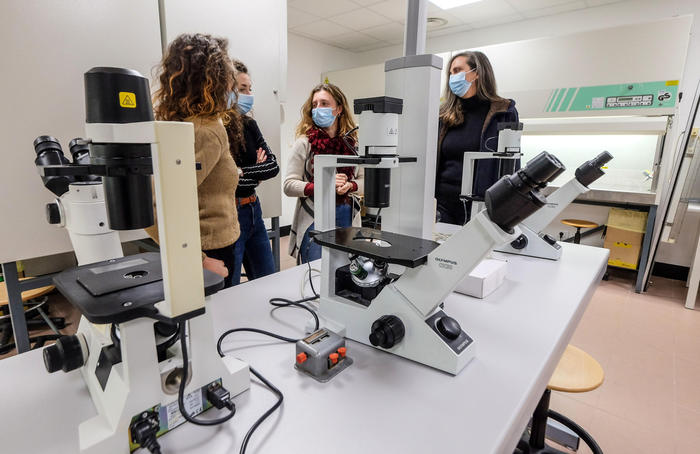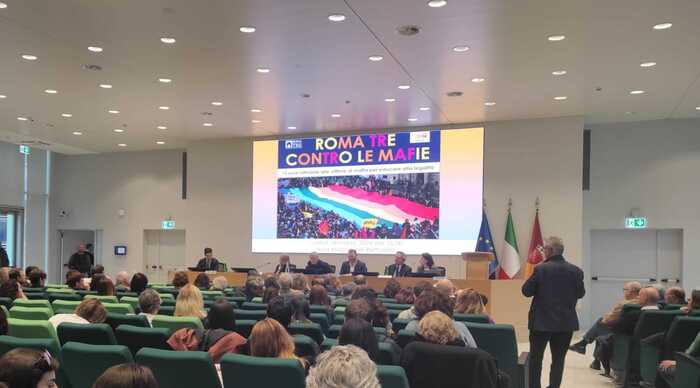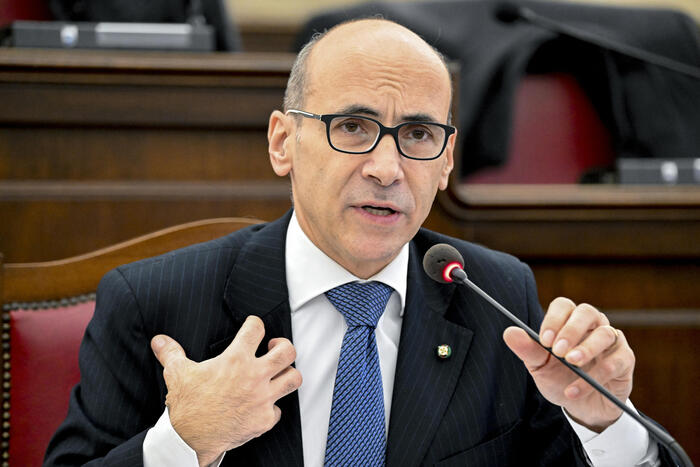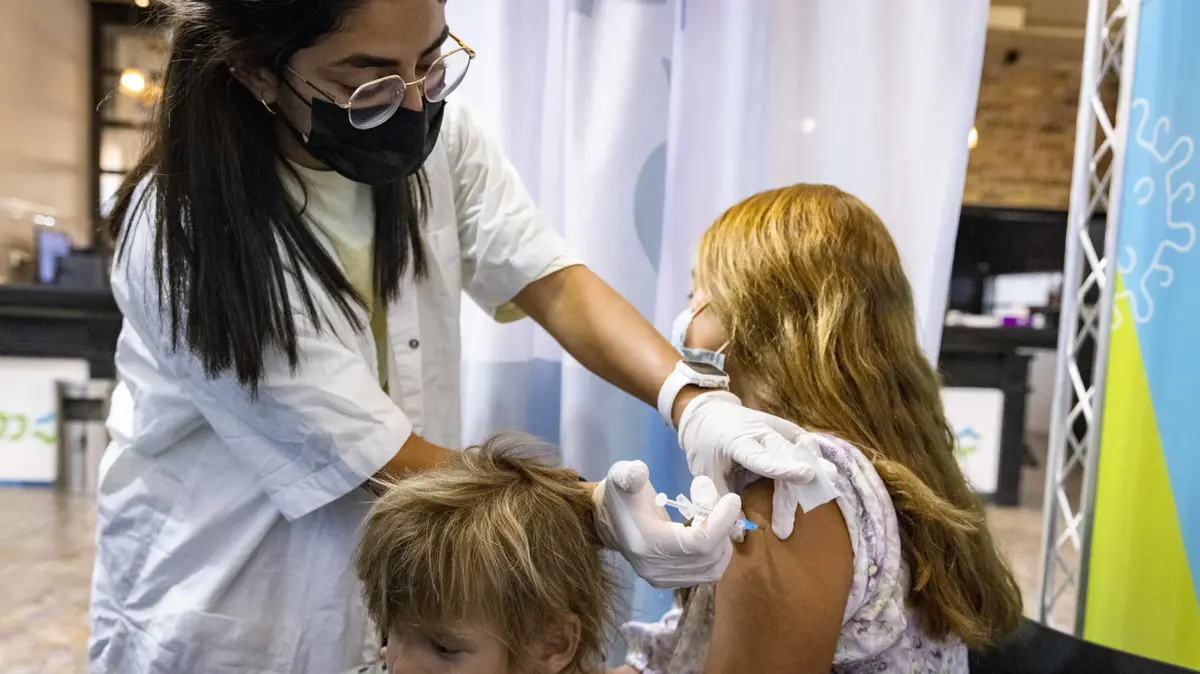(ANSA) - ROME, 08 DEC - Piloted competitions, exchanges of favors, "sartorial tenders", abuses of technical discretion in the competition commissions, qualifications and publications that do not correspond to those required by the announcement, avoidance by universities of the provisions of the Anti-corruption Plan in draw of commissioners. A kaleidoscope of lawlessness, irregularities and opacity that color Italian universities, often penalizing merit in favor of family and personal management. On the occasion of the International Day against Free Corruption, it launches a national campaign to monitor Italian universities entitled "Exam to overcome: transparency". The University - underlines Libera - is an integral part of the cultural heritage of our country, where research is cultivated,the ruling class is formed and knowledge and values are transmitted to make the future grow.
But the university is also a sensitive context, in which opaque conduct and a lack of integrity are visible. It is therefore important to promote actions that lead towards transparency and the denunciation of illegal conduct, enhancing existing regulations. For this reason - comments Libera - we thought of activating a civic monitoring action by students, to ask how many useful tools to overcome the "transparency exam" are present, widespread and known within universities. You will be asked to fill in a questionnaire.
From the ANAC report "Cognitive monitoring on the experience of transparency" it emerges that the academy's respect for transparency is considered necessary by those who experience it from the university.internal and as a user.
An objective and general picture of the perception of the phenomenon of corruption among university students and recent graduates in healthcare was photographed by the Small Working Group of the SISM - Italian Secretariat for Medical Students - APS in collaboration with Libera. The investigation involved graduate students in Medicine and Surgery, Dentistry and Health Professions from various Italian universities. The questionnaire was answered by 1498 students. Although most of the survey participants consider corruption a serious problem (71.8%), 10% of the sample believe that corruption is acceptable when it does not cause harm or when it is aimed at achieving a goal. In the survey, respondents were asked how widespread they considered corruption in the health sector and in the university sector,in a scale from 1 (not at all) to 10 (completely). Compared to the first, if you add up the answers from 6 to 10 they total 91% of the answers. With respect to the diffusion in the university environment, if the answers from 6 to 10 are added together, they total 80.7% of the sample. It is also interesting to note that in university corruption the sum of the two most pessimistic values (9 and 10) is equal to 31%, against 25% of the beliefs of the very widespread corruption in the health sector.It is also interesting to note that in university corruption the sum of the two most pessimistic values (9 and 10) is equal to 31%, against 25% of the beliefs of the very widespread corruption in the health sector.It is also interesting to note that in university corruption the sum of the two most pessimistic values (9 and 10) is equal to 31%, against 25% of the beliefs of the very widespread corruption in the health sector.
The students were also asked how they assessed their university's commitment to promoting the culture of legality, on a scale from 1 to 5. Adding the first two levels (therefore 1 and 2), we arrive at 62.3%, equal to 933 students. , a sign that the proactive action of the university in this field is not considered sufficient: a strong and clear signal of a request for greater commitment on the part of university institutions on the issues of combating corruption and other forms of illegality and organized crime. Conversely, when asking how important it is to talk about corruption within their course of study, 81.3% believe it to be fundamental.The development of specific training courses suited to the fight against corruption and for the culture of legality - absent today - in the various university areas could in fact represent a powerful tool for building effective safeguards of legality in the world of professions and in the future ruling class. The outcome of the survey demonstrates the encouraging existence of a "demand" for knowledge from the possible recipients (ANSA).







